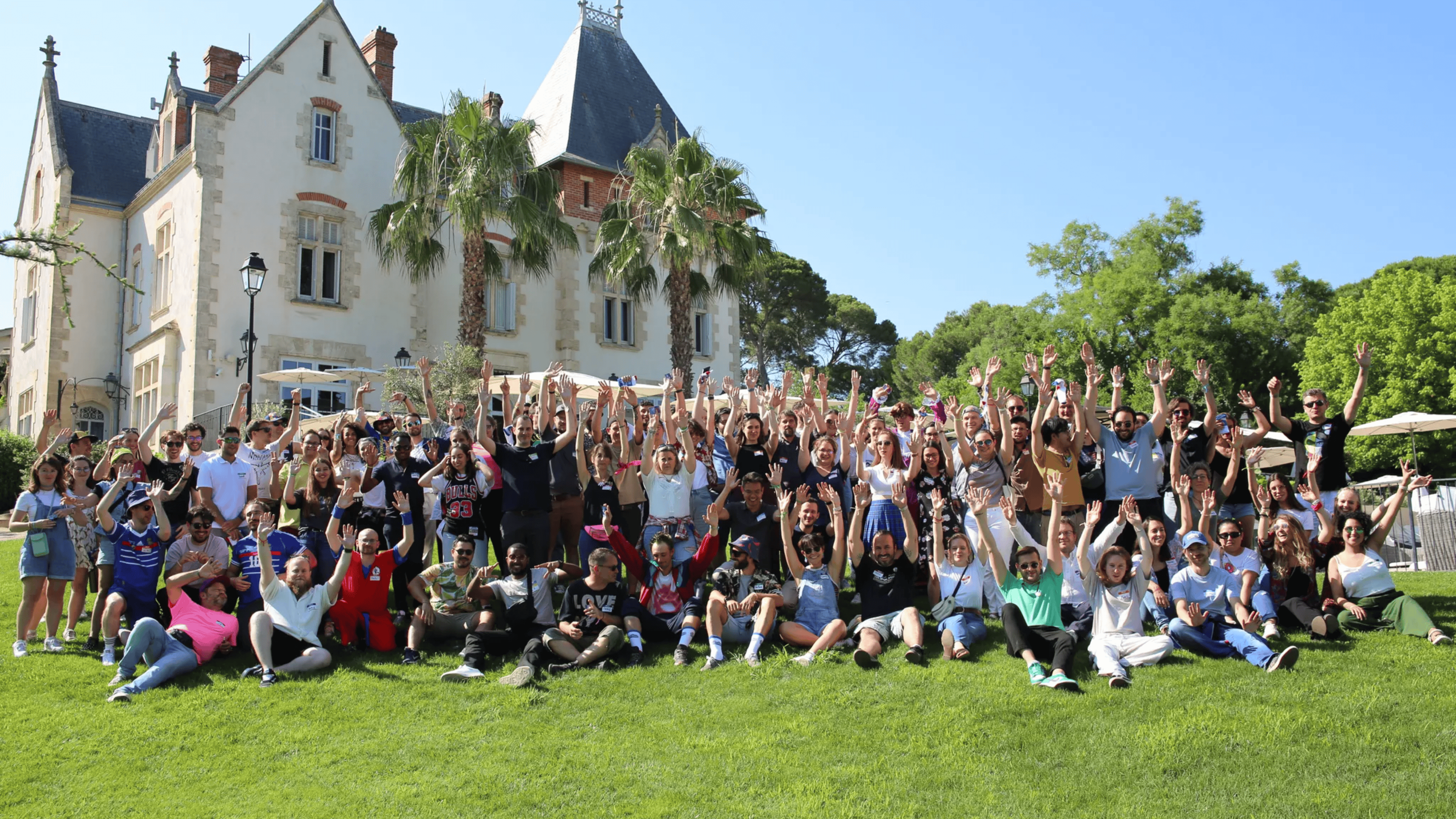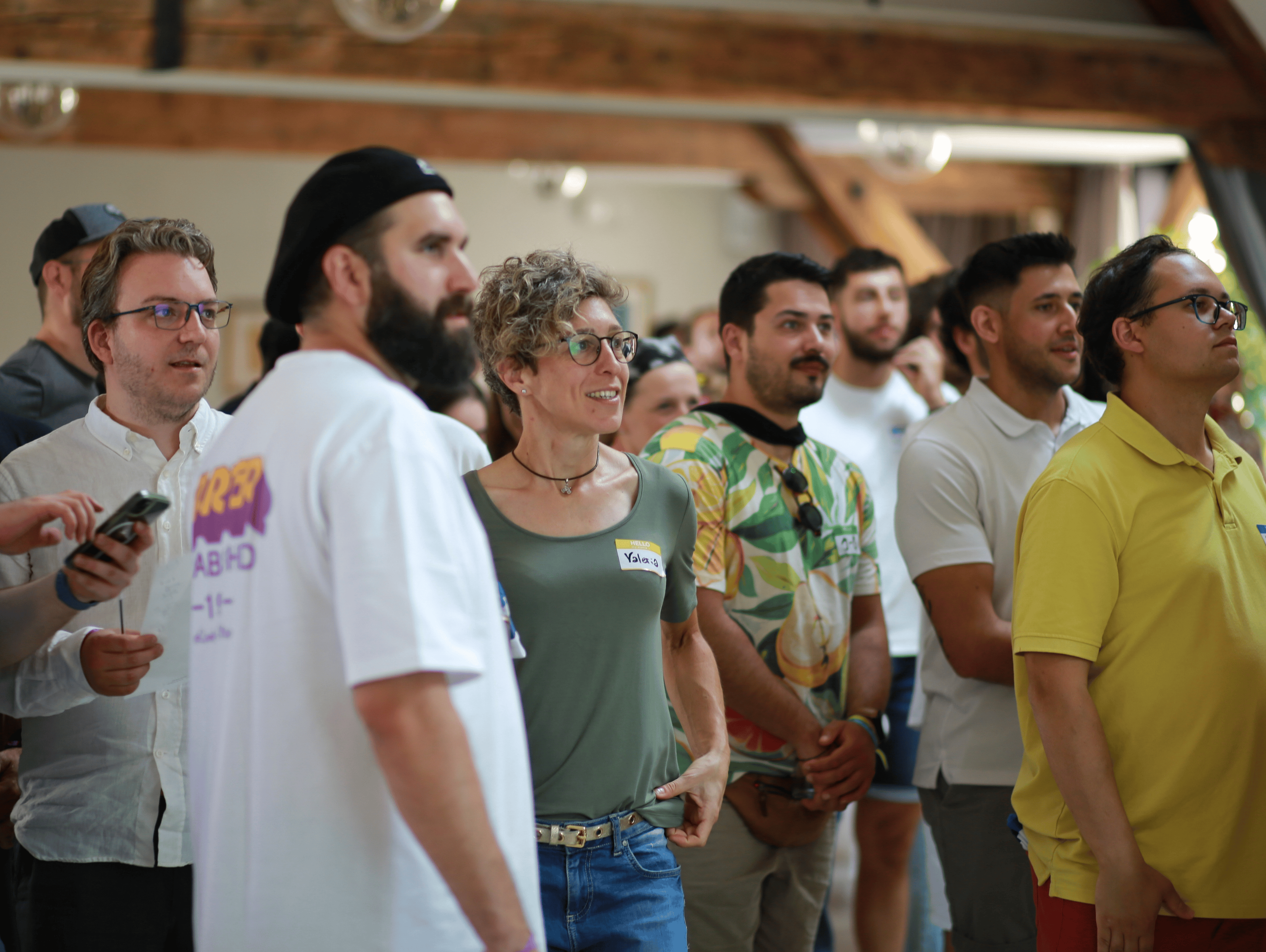
We equip molecular labs with AI-powered bioinformatics that turn genomic data into fast, precise, and actionable insights. Together, we're driving the future of personalized medicine.
Personalized medicine for every patient, everywhere.
We are scaling the future of genomic medicine, providing labs worldwide with cutting-edge technology to deliver faster, more precise diagnoses and life-saving treatments—where and when they’re needed most.
Genomics is transforming medicine at an unprecedented pace. In just over a decade, sequencing costs have plummeted from billions to mere hundreds of dollars, unlocking widespread access to genomic insights. This revolution is reshaping patient care, enabling more precise diagnoses and targeted therapies for rare diseases or complex cancers.
But the promise of genomics comes with challenges. As data volumes explode, healthcare systems struggle to keep up, and outdated tools risk slowing progress. The right technology can bridge this gap—that’s where SeqOne comes in. Our AI-driven platform streamlines genomic analysis, eliminating complexity so labs can deliver faster, more reliable results.





2017
SeqOne is founded in Montpellier, France, with a vision to make personalized medicine accessible to all. The company is incubated by SATT AxLR, a leading French innovation accelerator.
2018–2020
SeqOne leads clinical NGS adoption in France, partnering with:
2021-2023
SeqOne integrates AI-powered genomic analysis, optimizing its platform for greater speed, accuracy, and scalability. With over €30M in funding in a Series A round, SeqOne expands from germline testing into somatic and liquid biopsy applications, supporting advanced biomarkers such as MSI, TMB, and HRD.
2024
SeqOne establishes a strong global presence:
Our commitment remains the same: pushing the boundaries of genomic analysis and helping labs worldwide deliver on the promise of personalized medicine—faster, smarter, and at scale.
2025 & Beyond
In a transformative year, SeqOne becomes the world's largest software pure player in clinical genomics.
With this momentum, we are reinforcing our commitment to delivering fast, accurate, and scalable genomic insights to molecular labs worldwide.

We pursue excellence relentlessly, challenging conventions and pushing boundaries to stay at the forefront of genomic innovation.

Our customers and their patients are at the heart of everything we do, driving our commitment to exceptional service and solutions.

We transform challenges into opportunities, maintaining an innovative and solution-focused mindset.

We foster transparency, accountability, and genuine collaboration in everything we do.





